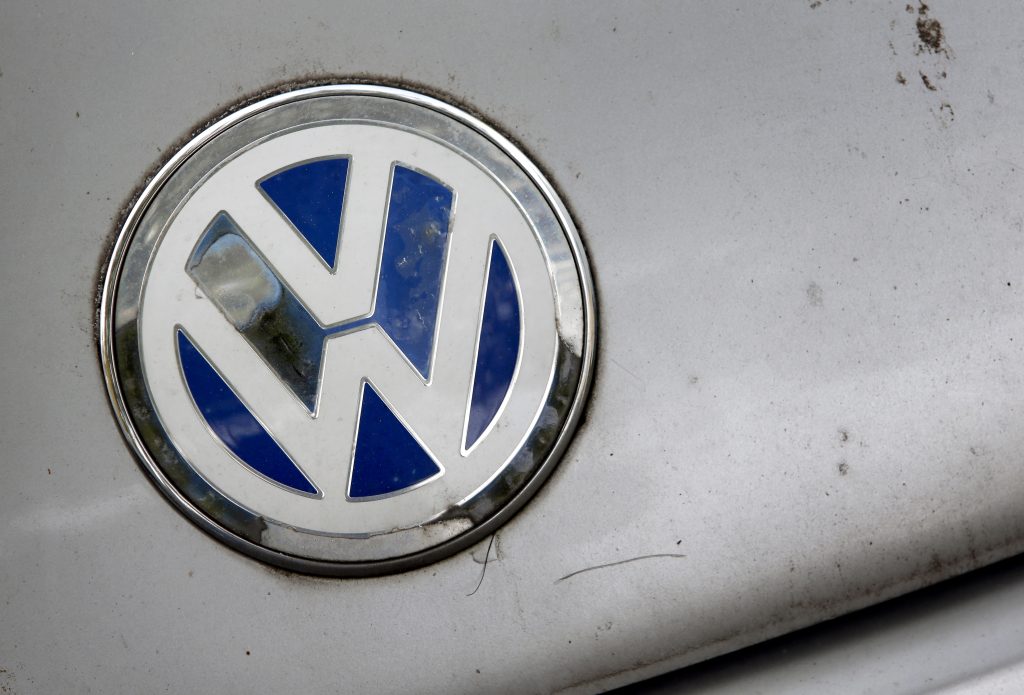One factor behind this decline is the reduction of government subsidies for electric cars.
Others are reading now
The European automotive industry is facing a significant slowdown, driven by weakening demand for electric vehicles (EVs) and increased competition from cheaper Chinese alternatives.
Lowest Level in 3 Years
Recent reports highlight a sharp decline in EV sales, with August seeing a 43.9% drop in registrations across the EU, the lowest level in three years. Major markets like Germany and France have been particularly affected, with sales plummeting by 68.8% and 33.1%, respectively, according to El Economista.
One factor behind this decline is the reduction of government subsidies for electric cars, especially in Germany, where overall vehicle sales, including combustion engine models, dropped by 27.8%.
France saw a similar reduction in incentives, which contributed to a 24.4% decline in vehicle sales. Italy and Spain also reported significant drops, at 13.4% and 6.5%, respectively.
Also read
Reevaluating Strategies
This slump has pushed European automakers to reevaluate their strategies. Volkswagen, Stellantis, and Renault all reported lower sales, with Volkswagen considering factory closures in Germany, marking a major shift in its 87-year history.
Stellantis has announced plans to shut down two plants in the UK due to slow EV demand, while Renault has halted production at its Flins-sur-Seine plant as part of a shift toward “circular economy” initiatives.
The European Automobile Manufacturers’ Association (ACEA) has called on the EU to reconsider its 2025 CO2 emissions targets, warning that the transition to electric vehicles is being hampered by a lack of key infrastructure.
The industry, they argue, is at risk of losing competitiveness against Chinese and American manufacturers, threatening Europe’s leadership in the zero-emissions race.


